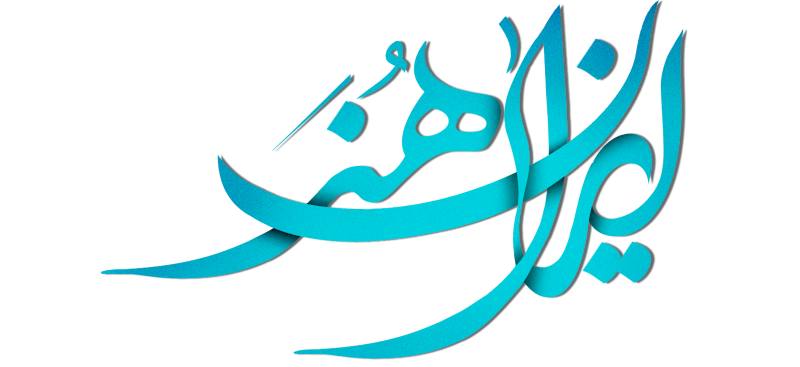Dotar virtuoso Osman Mohammad-Parast receives copy of UNESCO certificate

TEHRAN –(Iranart)- A copy of the certificate of the registration of Iran’s dotar on the UNESCO list of the Intangible Cultural Heritage of Humanity has been presented to Iranian dotar virtuoso Osman Mohammad-Parast.
The certificate, which is both in Persian and English, was given to Mohammad-Parast by the Khaf Department of Cultural Heritage, Tourism and Handicrafts as well as the Khaf Office of Culture and Islamic Guidance in Khorasan Razavi Province in northeast Iran.
Iran’s traditional skills of crafting and playing the dotar won world heritage status in December 2019, joining UNESCO’s culture list as one of the most prominent social and cultural components of the folkloric music of the nation.
UNESCO accepted the traditional skills of crafting and playing the dotar on the world body’s list of the Intangible Cultural Heritage of Humanity.
The registration took place during the annual meeting of the Intergovernmental Committee for the Safeguarding the Intangible Cultural Heritage, which was held in the Colombian capital of Bogota.
Dotar, a string instrument with a pear-shaped body, is mostly played in folk performances common in Torbat-e Jaam and nearby regions in North Khorasan Province.
Mohammad-Parast mostly known as Osman Khafi has been playing dotar since he was 12.
The musician received the medal of the Islamic Culture Capital 2017. The master, who is a veteran folk musician from his native region of Khorasan in northeast Iran, received the medal from Khorasan Razavi Governor-General Office.
Dotar means “two strings” in Persian, and some believe one string is male and functions as the accord, while the other is female, playing the main melody.
Performers play the dotar on important social and cultural occasions such as weddings, parties, celebrations, and ritual ceremonies. Bearers and practitioners are mostly farmers, including male crafters and players and female players.
In recent decades, it has also been played in local, regional, national, and international festivals. While playing, the players recount epic, historical, lyric, moral, and gnostic narrations that are central to their ethnic history, pride, and identity.
According to the UN cultural body, traditional knowledge relating to crafting and playing the dotar is passed on informally through the master-student method, and the element is also present in local oral and written literature, which reflects the history and background of the bearers. The element fosters peaceful co-existence, mutual respect, and understanding both among different communities and with neighboring countries.
source: Tehran Times

